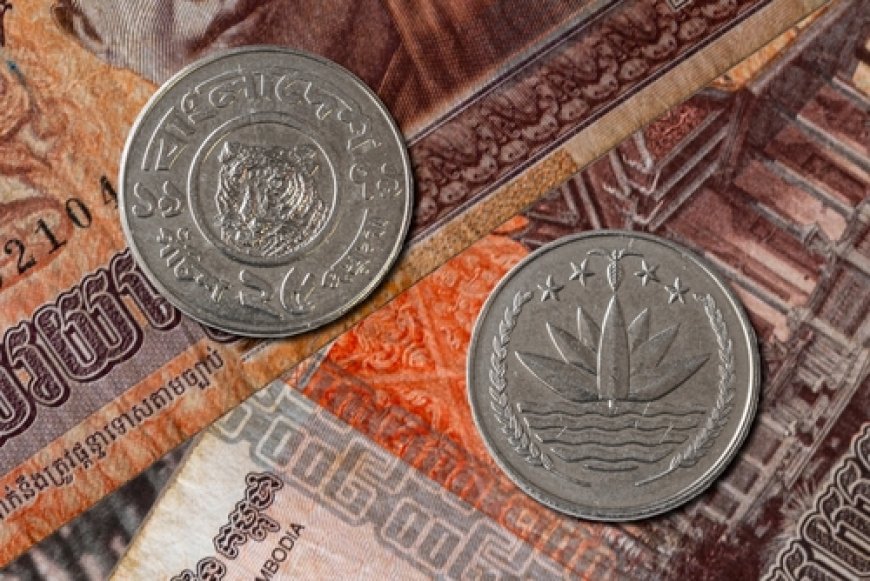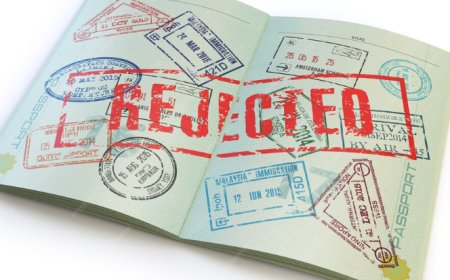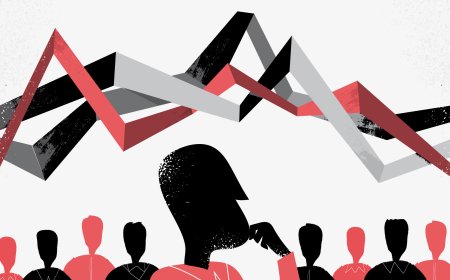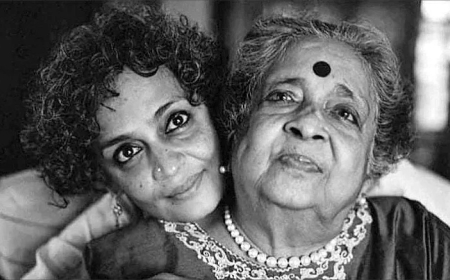Bangladesh Bank Is What Needs Reform
Without urgent steps to make Bangladesh Bank truly autonomous and accountable, meaningful economic reform will remain incomplete.

The interim government and the Bangladesh Bank have taken various initiatives over the last year to reform the banking sector -- an urgent task no doubt. However, we have not seen any significant steps regarding reform of the central bank itself. There was no discussion about central bank reform in the reports of the various commissions previously formed for state reform, and the issue was not even included in the agenda of the Consensus Commission formed under the leadership of Chief Advisor Professor Muhammad Yunus in February.
No expectations or promises regarding this matter have been heard from any social or political sphere. However, in a country like Bangladesh, where almost all institutions related to politics and the economy are extremely weak, ensuring central bank reform and the independence of Bangladesh Bank is as important as ensuring the independence of the judiciary. Therefore, there is an immediate need for nationally coordinated reform initiatives on this issue, along with sincerity and strong commitment from political parties.
Why Ensuring Central Bank Independence is Urgent
In modern economies, money is the accumulated form of human labour or production. A worker's wages, a farmer's production, or an employee's salary are generally converted into money.
A paper note is essentially worthless. But that note becomes valuable and a universally accepted medium of exchange -- money -- when the state releases it into the market alongside providing assurance that equivalent assets are stored against that note. The paper note then becomes wealth, and everyone trusts in that wealth.
In the words of renowned historian and popular writer Yuval Noah Harari, money is humanity's most universal and successful mutual trust system, which works like a religion. In short, money circulates in the market based on people's faith.
However, when a political party forms government with public support and runs the state for a specific period (five years), with complete power over budget formulation and implementation, the government may release excess money into the market beyond what might be warranted by the stock of assets in the economy to meet budget deficits for temporary political purposes.
To eliminate this time consistency problem and maintain people's confidence in the economy, the task of printing necessary money for the state and overseeing a large part of the economy is entrusted to the central bank.
In modern, advanced economies, the central bank's job is first to ensure price stability in the country's economy, and second, to play a key role in maintaining the country's financial stability.
For this reason, transparency and professionalism in central bank decisions are essential, which risk being disrupted if it is under political influence. If the central bank is under government control, excessive money printing, lax loan policy, or biased supervision in the financial sector may occur for short-term political interests or group interests, which can lead to currency devaluation, wage reduction, increased food security risks, import-export crises, money laundering, crony capitalism, and gradual market exclusion of small and medium entrepreneurs through loan centralization. Thus, ensuring effective independence of the central bank is extremely important to keep inflation under control, reduce inequality, and ensure the long-term financial stability of the country.
Autonomy and Independence of Bangladesh Bank
According to the Bangladesh Bank Order, 1972, Bangladesh Bank is a "body corporate" that is accountable only to the Parliamentary Committee on Finance regarding monetary policy and other activities.
However, the government appoints and dismisses the Governor, Deputy Governors, and Board members of Bangladesh Bank. Additionally, the Coordination Council led by the Finance Minister and dependent on government officials has opportunities to influence Bangladesh Bank's activities.
At the same time, if the government deems necessary, it can cancel Bangladesh Bank Board decisions and impose its own decisions, and can remove the Governor and appoint any government official as Acting Governor of Bangladesh Bank.
Moreover, Bangladesh Bank has no legal protection to avoid government demands for money, and even the Constitution does not recognize the existence of Bangladesh Bank.
Therefore, although Bangladesh Bank is theoretically an autonomous institution as a "body corporate," in reality Bangladesh Bank is an institution controlled by the government.
For this reason, Bangladesh Bank was forced to grant licenses to various vested groups for banks and finance companies one after another based entirely on political considerations under government pressure during the Hasina era. Certain groups captured the boards of well-established banks through intimidation. Money from state-owned banks to various new and old banks and finance companies was systematically looted in the name of loans through planned means. As a result, customers of these institutions are being harassed in getting back their deposits.
During that time, most loans in the banking and finance sector were held hostage by a few groups, trapping the country's market system in syndicates. Assets were smuggled abroad under the guise of import-export surges. Even absurd acts like providing foreign currency loans from reserves occurred. Anti-market loan-deposit interest rate limits like "nine-six" were imposed in the interest of a few looter groups. Even during disasters like the Corona pandemic, these groups grabbed budget allocations and banking sector money in the name of incentives. Bangladesh Bank could not take any effective measures to prevent these. Additionally, Bangladesh Bank was forced to assist the government in meeting unplanned expenses by printing money in the name of development, which further increased inflation in the market.
If Bangladesh Bank had been outside government control, the situation might have been different, ultimately saving the country from disaster. Therefore, it is urgent to ensure central bank independence by keeping it outside direct government control for the country's and economy's sake.
What Should Be Done to Ensure Independence and Accountability
To ensure Bangladesh Bank's autonomy, operational independence, and accountability, it is necessary to give full freedom in goal setting, strategy determination for achieving goals, and determining its own budget.
In this regard, the experience and central bank positions of Indonesia or neighboring countries Pakistan or Sri Lanka can be considered. In that context, we believe taking some steps in our country is extremely urgent:
- Designating Bangladesh Bank as a constitutional institution and ensuring its work independence through constitutional guarantee
- Providing clear guidance in Bangladesh Bank's law regarding the operational, administrative, and financial autonomy of Bangladesh Bank as a central bank (in this case, Article 5 of Sri Lanka's Central Bank Act, 2023 can be taken as an example)
- Two separate boards named Monetary Policy Board and Governing Board can be formed for the central bank, with board members appointed by the President or government subject to parliamentary approval after selection through search committees determined by the Parliament
- Governor appointment by the President or government subject to parliamentary approval in the context of advice from search committees appointed by Parliament; requiring parliamentary approval for his removal; delegating power of Deputy Governor appointment and removal to the Board; setting Board member and Governor tenure at six-seven years to maintain continuity of financial sector-related policies between two governments
- Completely stopping Bangladesh Bank's purchase of government bills and bonds from the primary market
- Ensuring the Governor's accountability to Parliament at regular intervals (in this case, failure to achieve pre-announced targets for inflation, bad loan levels, etc. (if the Governor's explanation is not accepted by Parliament) may be grounds for his removal, which should be mentioned in the law)
A state becomes democratic only when its institutions become participatory alongside ensuring decentralization of power among them and their accountability. The central bank is an extremely important institution for maintaining the state's "checks and balances" (balance among institutions).
If we want to establish equality, human dignity, and social justice for the people of this country, ensuring Bangladesh Bank's independence is essential. We expect political parties will also consider this matter seriously and express their commitment on this issue.
What's Your Reaction?

















































































